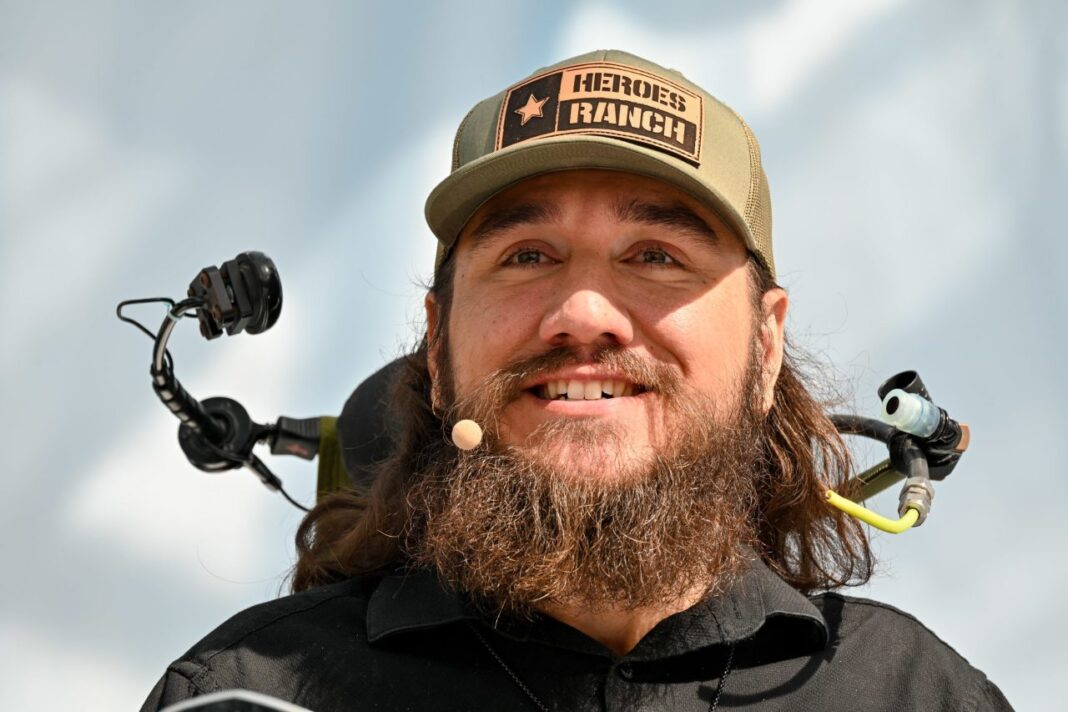Attendees at Fortune’s Brainstorm Tech conference last week witnessed a groundbreaking moment when Noland Arbaugh, the first human recipient of Neuralink’s brain-computer interface (BCI), played a live game of chess using only his thoughts.

Arbaugh, a former Texas A&M student, became paralyzed from the shoulders down after a diving accident in 2016. He described the years following the accident as “a severely limited existence,” often confined indoors and with little social activity.
That changed when he was selected for Neuralink’s first human trial, following FDA approval in May 2023. On January 28, 2024, surgeons at the Barrow Neurological Institute in Phoenix implanted a coin-sized chip in his brain, connected to more than 1,000 electrodes designed to translate neural activity into digital commands.
Arbaugh said the procedure caused no pain and left no sensation of having a device in his head. “If I lost my memory and tomorrow you told me I had a chip in my brain, I wouldn’t believe you,” he said.

He also recalled meeting Neuralink cofounder Elon Musk for the first time on the day of his surgery—via FaceTime—while still under anesthesia. “My main memory is just complimenting his bomber jacket,” Arbaugh joked. Months later, he met Musk in person at Tesla’s Austin Gigafactory, where they discussed Neuralink, SpaceX, and even aliens.
At the Fortune event, Arbaugh faced off against chess master Anna Cramling in a match broadcast on Chess.com, moving pieces by guiding a computer cursor with his mind. “I am just thinking about where I want the cursor to go,” he explained. “It is pretty simple. People are going to be surprised at how intuitive the control is.”
Since the surgery, Arbaugh says his life has transformed. He has returned to school to study neuroscience, launched a business, and begun traveling again, including trips to Paris and several U.S. cities.
“My whole reason for doing it was just to help people,” he told Fortune’s Jessica Mathews. “Whether it worked or not, I knew Neuralink would learn something that could help someone in the future.”




